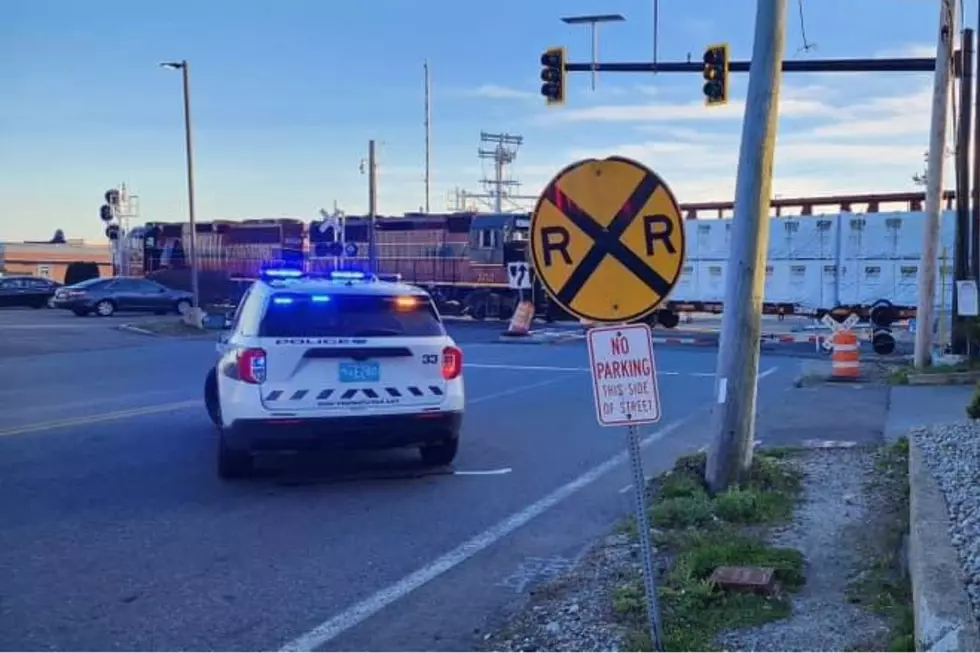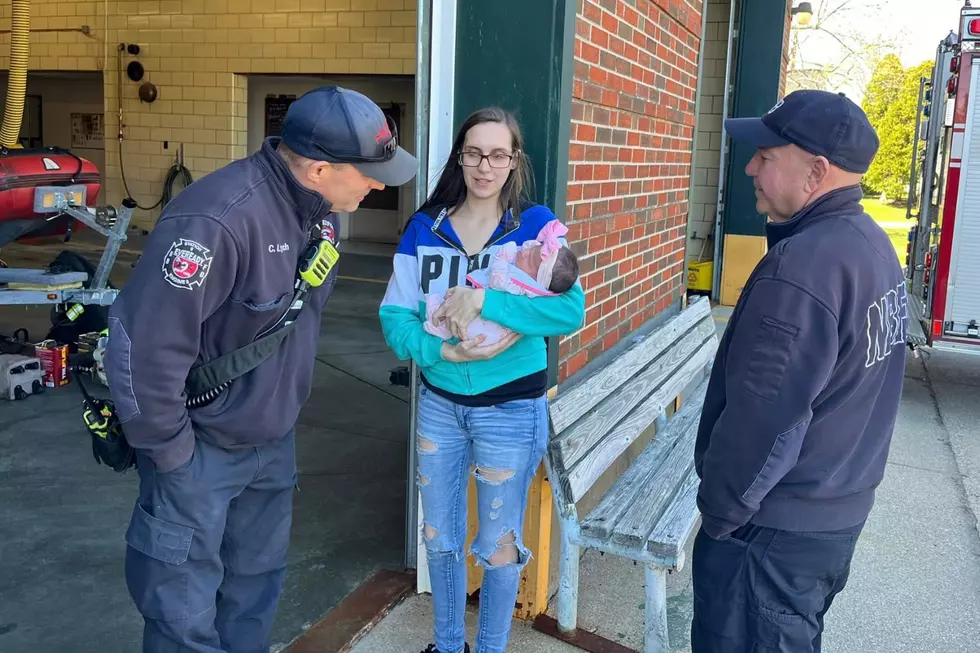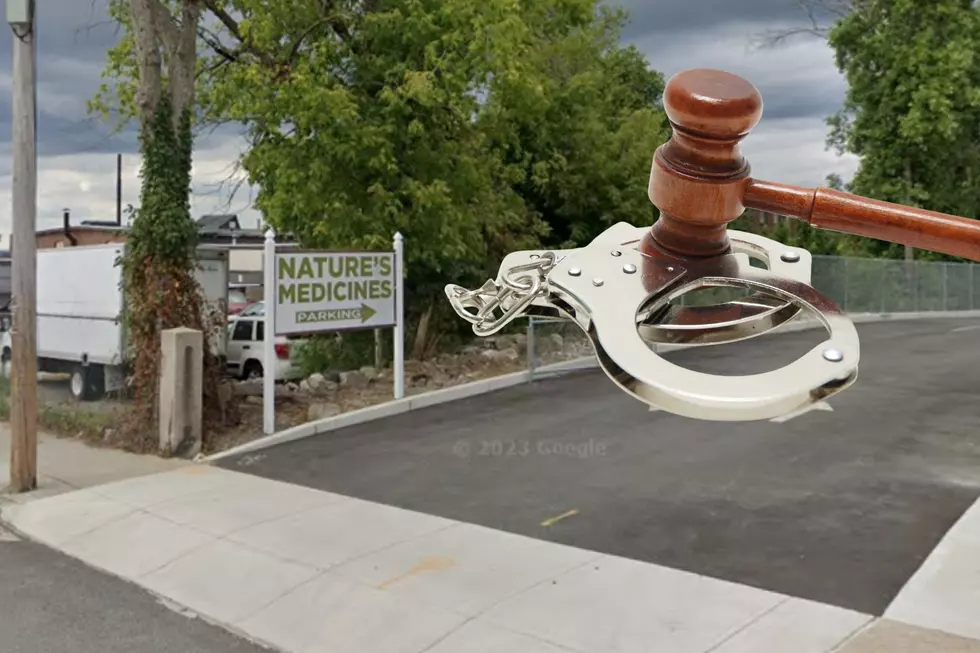![New Bedford Faces Traffic Troubles from MBTA Train [OPINION]](http://townsquare.media/site/518/files/2017/12/GettyImages-510559768.jpg?w=980&q=75)
New Bedford Faces Traffic Troubles from MBTA Train [OPINION]
The long-delayed dream of re-connecting New Bedford directly to Boston by a daily passenger train is coming true. Is New Bedford ready for the traffic pattern?
I have always wondered how New Bedford would handle the traffic congestion that resulted from trains running through the city at rush hour. I was also comforted by the belief that the train would never actually materialize and therefore the traffic congestion would never materialize.
Talk of the commuter train was just something dragged out by politicians during elections.
My cynicism was proven wrong and the state delegation from Greater New Bedford and Fall River deserves tremendous credit for its commitment to the goal and for delivering on their promises.
Now the reality of the dream has to be managed.
How is the city of New Bedford going to deal with the traffic-congested streets that result from a training running the length of the city at the peak hours of the daily commute?
The train is going to race south to multiple stops in the city and then race back along the same tracks northbound to Boston. Every time the train crosses a road, the road will have to be closed to cars and trucks. The crossings will be closed in advance of the train and for a period of time after the train clears the area.
The Southeastern Regional Planning & Economic Development District did a traffic study of the King's Highway/Tarkiln Hill Rd. area of New Bedford nearly 20 years ago (full disclosure: I was a member of the board of SRPEDD for a few years in the late 1990s). Even then, the traffic congestion at the location was a major issue that needed attention and management. The study is worth reading today, but it didn't factor in the train traffic closing off the roads temporarily at rush hour or the added cars flooding into the area with commuters hoping to get a seat on the train.
The commuter rail to Boston is a good development. But this tremendous change requires good planning on the local level to make it work properly. The city and the state need to deploy traffic engineers and urban planners to manage this development. They also need to bring in some communications experts to help the people understand how this major change will impact their lives on a daily basis.
Chris McCarthy is the host of The Chris McCarthy Show on 1420 WBSM New Bedford. He can be heard weekdays from 10 a.m. to noon. Contact him at chris.mccarthy@townsquaremedia.com and follow him on Twitter @Chris_topher_Mc. The opinions expressed in this commentary are solely those of the author.
More From WBSM-AM/AM 1420







![Fall River Dog Is the Ultimate Adventure Buddy [WET NOSE WEDNESDAY]](http://townsquare.media/site/519/files/2024/04/attachment-Untitled-design-2024-04-24T063451.295.jpg?w=980&q=75)

